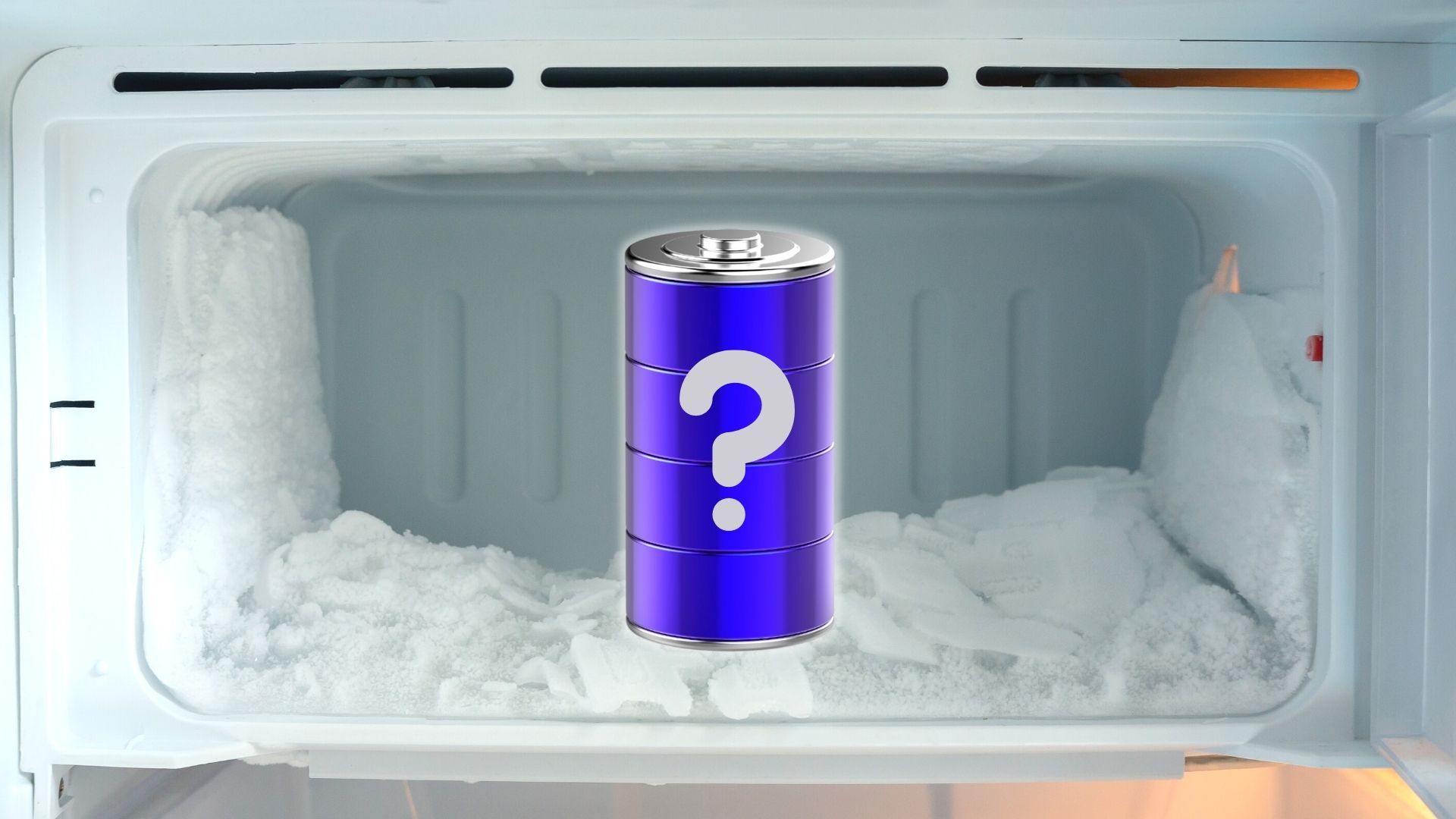No, you should not put dead batteries in the freezer. Freezing dead batteries does not revive them and can be unsafe.
Batteries are a common part of everyday life, powering everything from remote controls to smoke detectors. Many people wonder about the best ways to handle dead batteries, especially when it comes to disposal. Some may have heard that freezing batteries can extend their life, but this is a myth.
Understanding the proper ways to manage dead batteries is crucial for safety and environmental considerations. Discarding batteries improperly can lead to hazardous waste issues. This article will clarify why freezing dead batteries is not advisable and provide safer alternatives for battery disposal and recycling. Stay informed to protect both your devices and the environment.

Credit: www.usatoday.com
Understanding Dead Batteries
Understanding dead batteries is important for safe disposal and recycling. There are various types of batteries, including alkaline, lithium-ion, and nickel-metal hydride. Each type has unique properties and uses.
Causes of battery death can vary. Overuse is a common reason. Exposure to extreme temperatures can also harm batteries. Physical damage may lead to battery failure too. Additionally, age reduces battery performance significantly.
| Type of Battery | Common Uses | Battery Life |
|---|---|---|
| Alkaline | Toys, remotes | 2-5 years |
| Lithium-Ion | Phones, laptops | 2-3 years |
| Nickel-Metal Hydride | Hybrid cars | 5-10 years |

Credit: www.youtube.com
Freezing Dead Batteries
Many people believe that freezing dead batteries can revive them. This is a common myth. Freezing batteries does not restore their power. Instead, it can cause damage to the battery.
Different battery types react differently to cold temperatures:
| Battery Type | Effect of Freezing |
|---|---|
| Alkaline | Freezing has little to no effect. |
| NiMH | Freezing can cause leaks and damage. |
| Lithium-ion | Freezing can harm performance and safety. |
Storing batteries in a cool, dry place is best. Avoid extremes of temperature for better battery life.
Battery Disposal Best Practices
Improper disposal of batteries can harm the environment. They contain toxic materials that can leak into the soil and water.
Recycling dead batteries helps reduce this impact. Many stores and local centers accept batteries for recycling. Check for nearby recycling programs to properly dispose of your batteries.
Here are some important points about battery recycling:
- Lead-acid batteries should be recycled at special facilities.
- Lithium-ion batteries can often be recycled at electronics stores.
- Never throw batteries in regular trash; it’s unsafe.
- Some communities have hazardous waste days for safe disposal.
Choosing to recycle keeps our planet clean and safe for future generations.

Credit: battlebornbatteries.com
Alternative Methods For Dead Batteries
Storing dead batteries in the freezer may seem helpful. Yet, this method is not safe. Cold temperatures can cause battery leakage. This can harm your freezer and food.
Consider safer alternatives for battery disposal. Many stores offer battery recycling programs. Always check local regulations for proper disposal methods. Safe storage solutions help prevent accidents.
Use a sealed container for storing old batteries. Label the container clearly. Keep it away from children and pets. This practice ensures a safer environment for everyone.
Conclusion
Storing dead batteries in the freezer may seem like a good idea, but it’s not recommended. This method does not revive batteries and can create safety hazards. Proper disposal is crucial for environmental safety. Always follow local guidelines for battery recycling to ensure safe and responsible handling of dead batteries.
